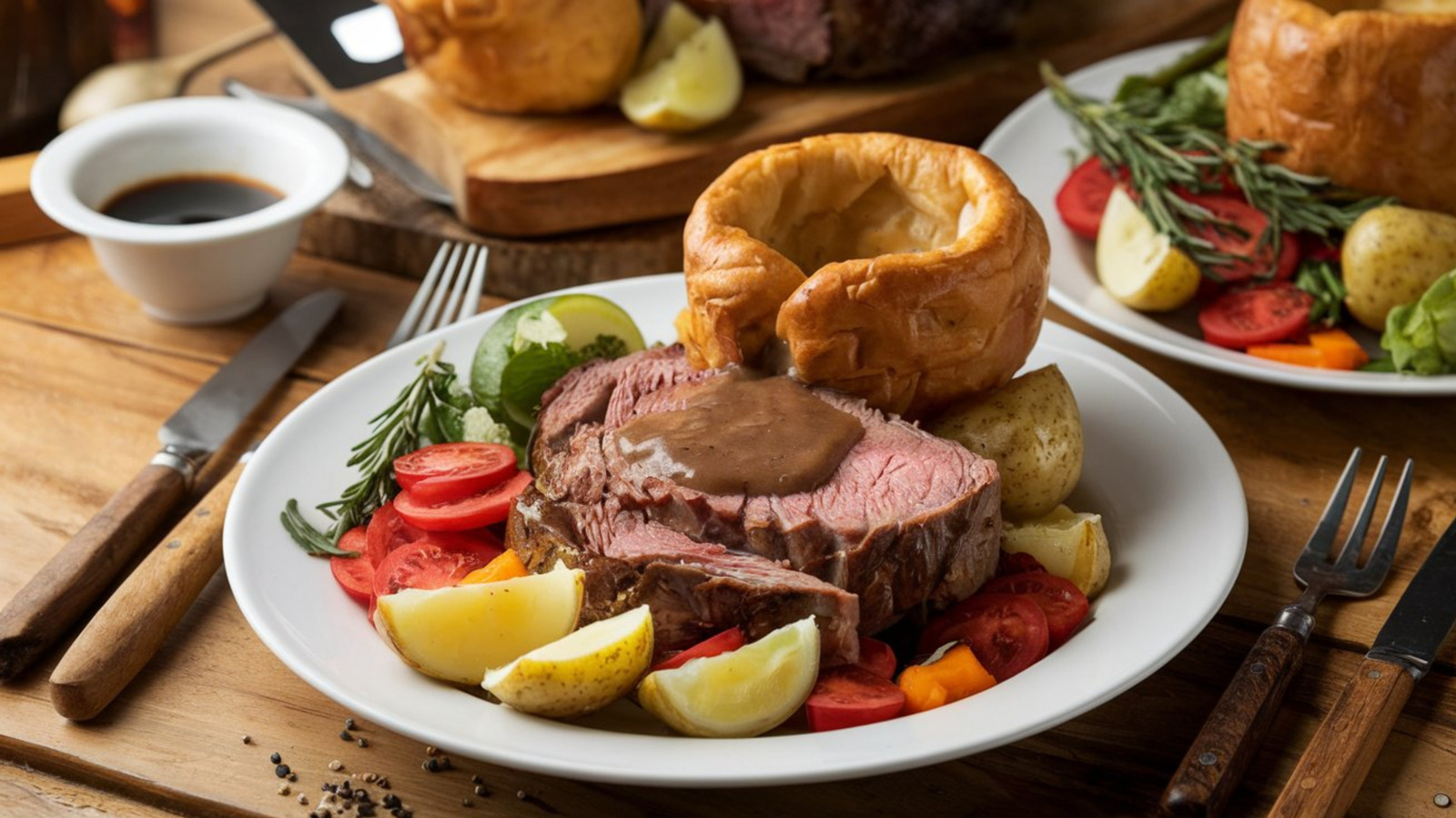
"Many British comfort foods and rustic, classic dishes do tend to rely on umami flavors, good cheese, and a touch of stodginess - yes. But food culture is an ever-changing thing, and UK tastes have often been geared towards spice. Current ideas of British food as having zero spice probably come from austerity after World War II with a touch of historical snobbery and a pinch of religiously motivated pseudoscience thrown in for good measure."
"Spices have been a part of European, and specifically British, food for a very long time. But history has shown that when a previously expensive ingredient isn't expensive anymore, the poor can eat it. And if the poor eat it, the rich tend not to want it anymore. That's what happened in Europe in the 1600s, as spices became more affordable and available. Bland became the new style for the upper classes, while the emerging middle class got to enjoy intense flavor for a while."
British cuisine has historically included spices and intense flavors alongside umami-rich comfort foods and cheeses. Spices became widely available in the 1600s, shifting taste as affordability pushed spiced dishes from elite tables to broader classes while the upper classes favored blander fare. Protestant dietary beliefs later promoted simpler, unseasoned foods. World War II rationing and restricted trade further reduced flavor variety and harmed culinary reputation. Cultural perceptions of British blandness also reflect class dynamics and occasional xenophobic or pseudoscientific claims. Traditional British condiments and preserves demonstrate continued use of spice and complexity in many classic recipes.
Read at Tasting Table
Unable to calculate read time
Collection
[
|
...
]